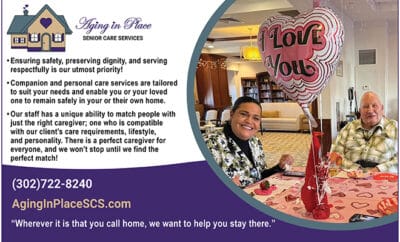HOW FUNCTIONAL MEDICINE Can Help You To Sleep

By Dr. Cynthia Crosser
Not a day goes by when a patient doesn’t relate how tired they are because they cannot sleep or sleep too little. Sleep centers have become big business in light of the fact that few Americans sleep the recommended 7-9 hours per night (and actually relate this with bragging rights). Sadly, this comes at a great cost to our health in the short and long terms. Insufficient quality and quantity of sleep in the short term leads to low energy, inability to focus and irritability, but in the long term it leads to obesity, Alzheimer’s, and will most certainly reduce your longevity.
There are many sleep aids available on the market from herbal teas such as chamomile with lavender, herbal preparations to include valerian and skullcap, as well as essential oils claiming to be calming and reduce blood pressure (which could be dangerous). For the more adventurous, we have melatonin and GABA which bring their own sets of issues. For instance, melatonin is a hormone. There are many feedback mechanisms throughout the body that must function in synchrony. When a hormone such as melatonin is added, it sets off reactions connected to other hormones. And GABA should only have an effect on the brain if you actually have a breach of the blood brain barrier which is not desirable for brain health.
The best question to ask is, “Why am I not sleeping?”. Obviously, patients don’t have the answers, but there are many variables to consider regarding sleeping habits, and asking the appropriate questions is the best first step.
Many men have reduced testosterone as they get older which leads to reduced quality and amount of sleep. But taking testosterone could accentuate other problems. The best advice here is to have a salivary hormone panel run by a qualified health provider who also knows how to interpret the data and make recommendations that would not cause side effects. Another possibility is high cortisol which is very stimulating. It is the hormone that rises in the morning to awaken us at daylight according to the Circadian rhythm. Cortisol is elevated during times of stress, with exposure to blue light such as with laptops, handheld video games, cell hones, etc. Exercise in the evenings will tend to increase cortisol as well. In addition, sugary foods in the evening, such as ice cream will cause blood sugar swings during the night that elevate cortisol, and then when it has dropped, the alarm goes off.
Even mold exposure can affect sleep quality by way of melanocyte stimulating hormone that suppresses natural production of melatonin. Many patients that embark on detoxification and weight loss also see an improvement in their sleep by eliminating primarily sugars. There are many lifestyle considerations connected to sleep, but physiological reasons must also be assessed after a thorough consultation to assess the appropriate starting point.
Every part of our lives is enhanced when we are living with vitality! Please visit our website at
www.crossernaturalhealth.com as we will be hosting a Sleep Workshop in the month of October.
Testimonial
“Dr. Crosser is a caring, encouraging, intelligent and tough specialist. She can find the right words to help a patient to understand what is wrong with that patient’s body/weight/metabolism/lifestyle AND to improve the situation. I went through the six-week weight loss program – it helped me enormously! Not only did I lose pounds – my blood pressure is almost normal, I can jog again and my energy level is so much higher. I am ready for the second round of the program. Thank you, Dr. Crosser.” – Ann K.
Wellness within reach!
302-994-1010
5700 Kirkwood Hwy., Suite 101, Wilmington, DE 19808
www.facebook.com/crossernaturalhealth
www.facebook.com/CrosserChiroThin
Chiropractic, Acupuncture, Weight loss, Neurofeedback, Nutritional Counseling
Headshot by Shannon Adelson of Adelson Media, Inc.




